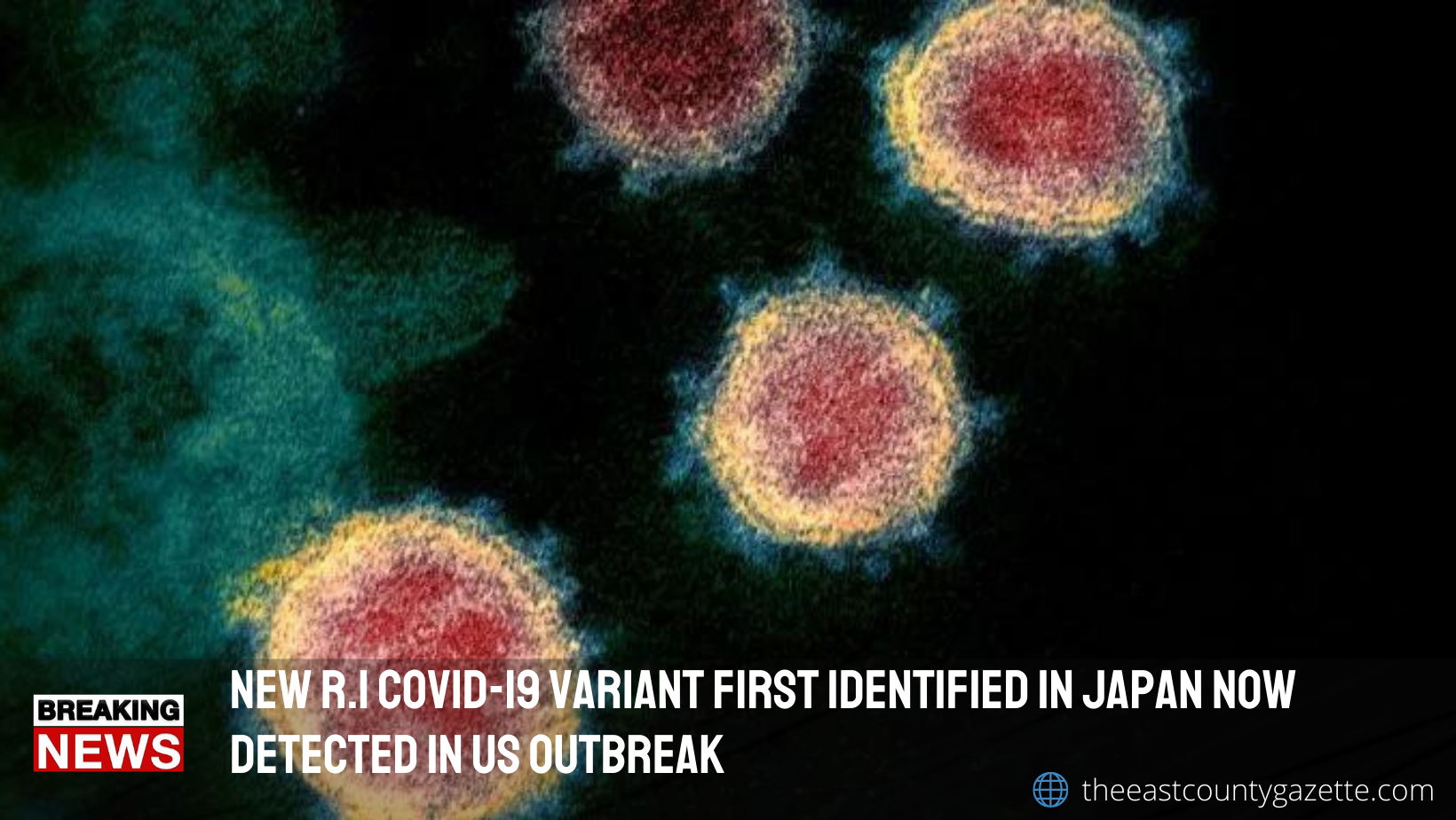Experts have identified a new COVID-19 variant in a Kentucky nursing home, and according to them, it appears to be a unique variant worth keeping an eye on.
What is the R.1 variant?
Per Forbes, the new variant is related to the original coronavirus strain. It was originally discovered in Japan and has infected more than 10,000 people globally, according to recent data.
- The variant was discovered in a Kentucky nursing home, and many of the patients were fully vaccinated.
- The variant has a mutation that can lead to “increased resistance to antibodies in convalescent sera and to neutralizing monoclonal antibodies,” according to Forbes. This means the variant could evade blood from previous COVID-19 survivors and the antibodies among those who are vaccinated and those who have been infected with the novel coronavirus.
Experts recommend keeping an eye on this variant as it spreads in the U.S. and Japan.
“R.1 is a variant to watch,” according to Forbes. “It has established a foothold in both Japan and the United States. In addition to several mutations notably in the spike and nucleocapsid protein in common with variants of concern, R.1 has a set of unique mutations that may confer an additional advantage in transmission, replication, and immune suppression.”
Recommended Read: Vaccine Resistance to Mu Variant May Enforce Full Lockdown
The Centers for Disease Control and Prevention first discovered the variant in Kentucky in April. However, the CDC study said that vaccinated residents were 87% less likely to have symptomatic COVID-19 cases through the variant compared to the unvaccinated.
According to a CDC report, among 83 residents and 116 healthcare workers, 26 residents and 20 workers tested positive for Covid. Twenty-eight specimens were subjected to whole-genome sequencing and, on March 1, found to have mutations that aligned with the R.1 lineage.
(The outbreak reportedly began with an infected staffer.)
“Attack rates were three to four times as high among unvaccinated residents and [workers] as among those who were vaccinated,” according to the findings.
There are already more than 10,000 entries of the R.1 variant in a database used by researchers to track genomic material, infectious disease expert Dr. William Haseltine said.
The variant shares the highly infectious D614G mutation that is present in other variants fueling new surges of the coronavirus, according to the doctor.
“R.1 is a variant to watch. It has established a foothold in both Japan and the United States,” Haseltine wrote.

